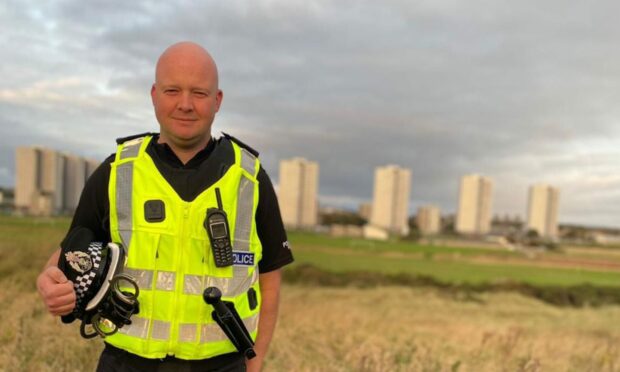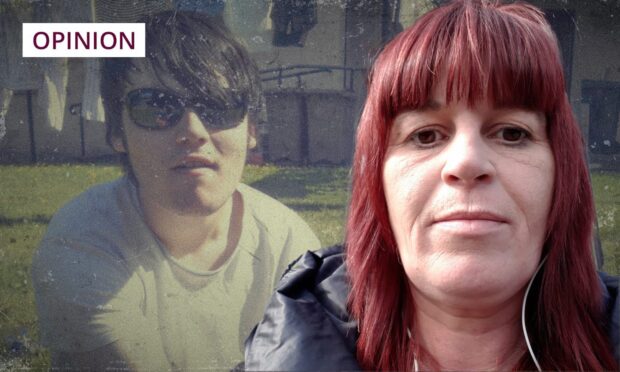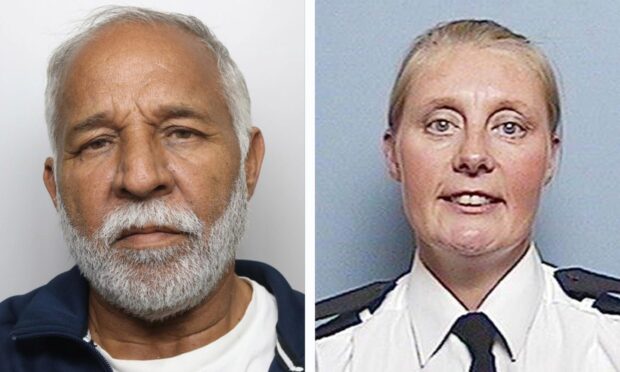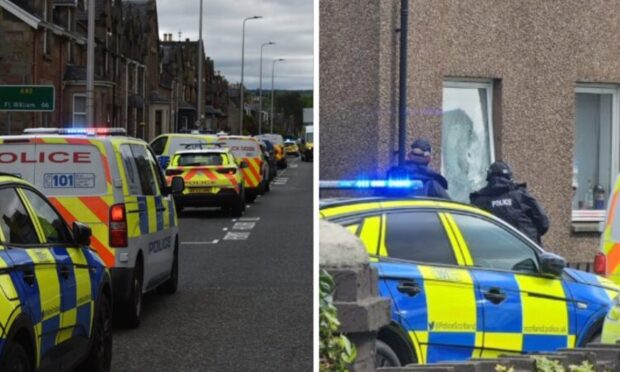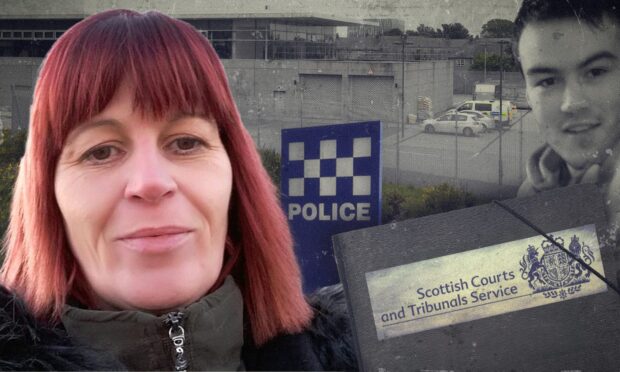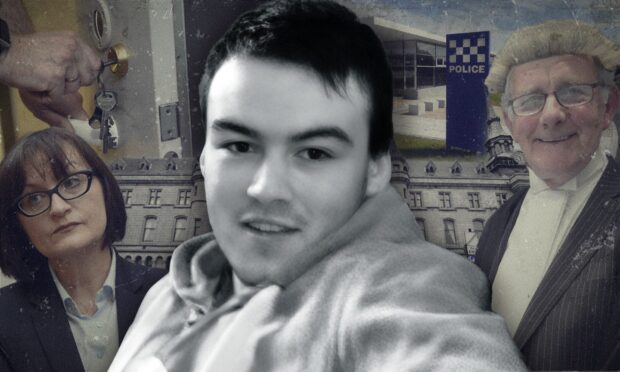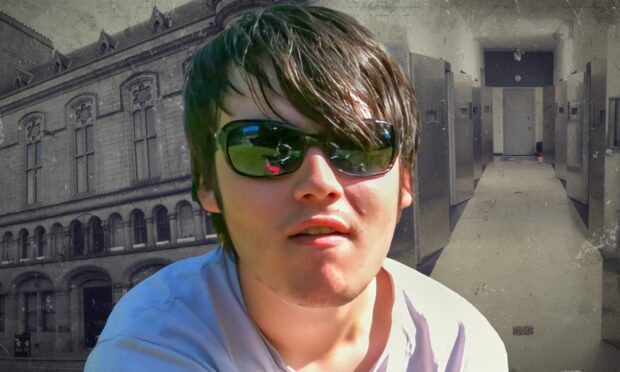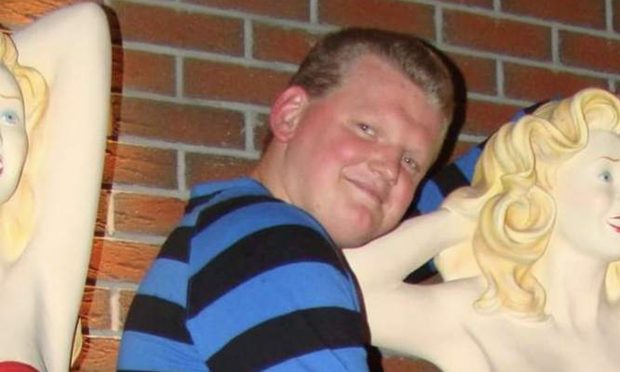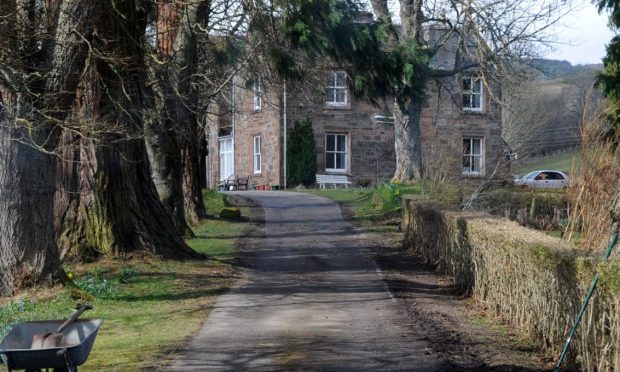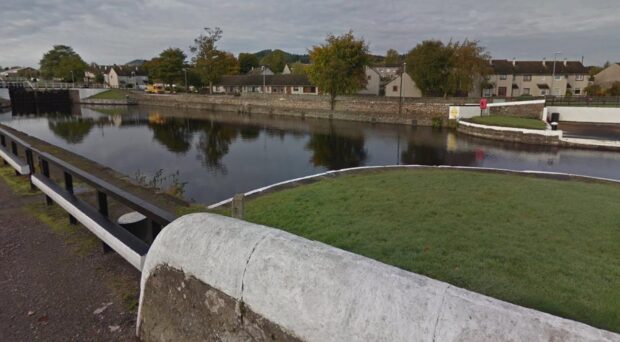During the past 15 years of my police service, I have worked in various roles with different responsibilities of keeping communities safe, but one constant has been tackling the supply of illegal drugs.
I have witnessed the horrendous impact they can have on people and communities, particularly while working in the Criminal Investigation Department (CID).
As the new inspector for Seaton, I aim to continue working hard with my team to remove drugs from our streets, reducing the impact they have on the community and protecting vulnerable people.
For many years, police have tackled drugs through enforcement – carrying out stop searches of people when appropriate and executing search warrants at addresses where there is sufficient information to suggest drug dealing is taking place.
We still carry out this important activity, however, in recent years, we have broadened our work alongside our partners to explore the causes of drug misuse and the ways in which we can make it more difficult for those responsible.
One tactic is addressing the issue of cuckooing, a despicable act that involves criminals taking over the address of someone – usually a vulnerable person – for a criminal purpose.
More often than not it’s for storing or distributing drugs.
Community concerns
We would previously have carried out warrants at addresses where we believed there to be drugs.
But now we are proactively approaching people who we have identified as victims of cuckooing, who have been targeted because of vulnerabilities such as substance misuse, mental health or financial pressures.
By acting proactively with our partners at Aberdeen City Council, Alcohol and Drugs Action and NHS Grampian – to name just a few – we are reaching out to the most vulnerable members of the community, to offer them the correct support and improve their ability and confidence to turn criminals away from their home.
Before we can do this though, we need to identify these people and we need your help.
I ask that you remain vigilant and report any concerns you might have about neighbours, friends or family members to the police or any of the agencies mentioned above.
Some signs include an increase in people entering and leaving a property, an increase in anti-social behaviour, people coming and going at strange times or unknown people pressing buzzers to gain access to the building.
How to seek support
If you find yourself becoming a victim of cuckooing, please seek out support.
We are looking to get you out of trouble before the trouble comes to you.
Telephone 101 if you would like to provide information, or for those looking to report anonymously, contact Crimestoppers by calling 0800 555 111 or visiting its website.
Please understand that we will not be able to provide an update or outcome as these matters will be private to the individual involved.
Feel free to approach my officers to ask for their advice or support.
If we cannot provide the support you need, we will ensure the right people are involved.
For all the latest court cases in Aberdeen as well as crime and breaking incidents, join our Facebook group.
